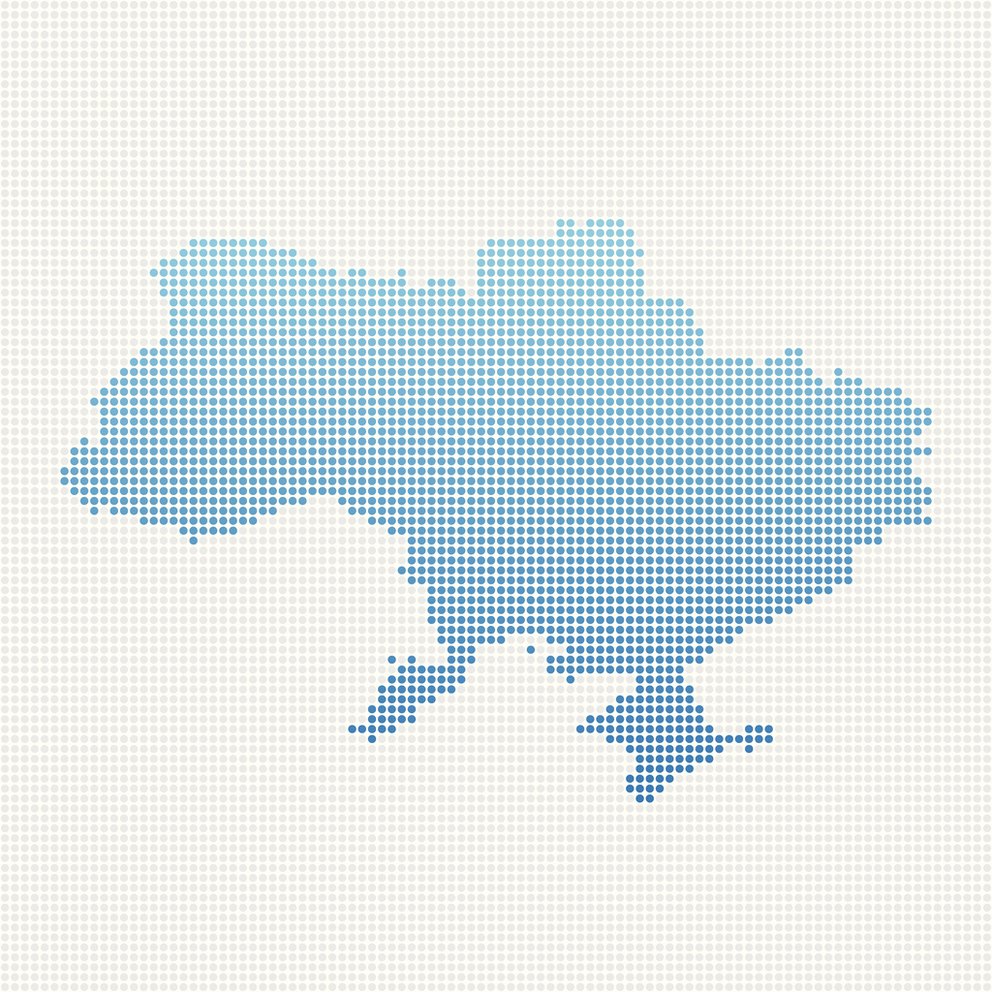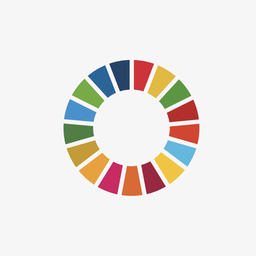As part of the RIPE NCC’s commitment to supporting the Ukrainian technical community, we actively research and facilitate discussions about the country's Internet landscape and its resilience in wartime. Recently, we have seen inferences being drawn from changes to country codes in the RIPE Database. In this article, I want to provide a factual overview of registry changes along with some additional information to put this into context.
Over the past three decades the RIPE NCC has been responsible for the accurate registration of Internet number resources, such as IP addresses and Autonomous System Numbers (ASNs). It has done so while having to navigate the various domestic political disputes, international conflicts and wars within its service region.
This was only possible through the efforts of the dedicated staff members with unique technical, legal and political backgrounds who have exclusive insights, provided by its membership and various data collection platforms, which allows the RIPE NCC to fulfil its mandate as an authority on unique Internet number resources.
Concerns about the “theft” of Internet number resources registered to Ukrainian network operators have been researched and analysed by various parties concerned with safeguarding these resources in wartime, what is commonly referred to now as the “Russification of the Ukrainian Internet number resources”.
By examining the period from 24 February 2022 to 16 May 2023 we found:
- Most changes from country code UA to country code RU managed by the RIPE NCC in the RIPE Database do not imply change of resource holder.
- 50 Autonomous System Numbers (ASNs), around 2.29% of the original ASN space, had their country code changed from UA to country code RU by the RIPE NCC. Out of the 50 only 2 ASNs, 0.09% of the original ASN space, were transferred from one resource holder to another, these ASNs came from 2 organisations. The remaining 48 ASNs remained with the original resource holder.
- 151552 IPv4 addresses, around 1.44% of the original IPv4 address space, had their country code changed from country code UA to country code RU by the RIPE NCC. Out of the 151552 IPv4 addresses only 52480 IPv4 addresses, 0.5% of the original IPv4 address space, were transferred from one resource holder to another. These IPv4 addresses came from 12 organisations. The remaining 99072 IPv4 addresses remained with the original resource holder.
- Only 2 /32s and 1 /48 of IPv6 addresses had their country code changed from country code UA to country code RU by the RIPE NCC. They all remained with the original resource holder.
The rest of the article will focus on providing a factual account on the different types of changes in the RIPE Database, and their meaning, to facilitate a more informed discussion.
How we fulfil our mandate
It's important to understand that the resources registered under a certain country code, such as IP addresses and Autonomous System Numbers (ASNs), are not considered “national resources” in the sense that they are registered to, or managed by, a country.
The RIPE NCC registers resources to resource holders based on contractual agreements. These agreements can be contracts with the RIPE NCC or with members of RIPE NCC acting as “sponsoring LIRs”. These resource holders can be organisations, such as Internet service providers or large enterprises, that require IP addresses and ASNs for their network infrastructure.
The RIPE NCC accepts such agreements only if the resource holders verify they exist, namely that they are registered with a national authority of a country. The ISO-3166 country code of the relevant country is recorded in the RIPE Database and the delegated statistics files, which serve as public source for information about IP address and ASN allocations.
Most of the information in the Database is maintained by the resource holders themselves, including the inet(6)num object. However, resources managed by the RIPE NCC also have an associated organisation object, in which the country code attribute is maintained by the RIPE NCC based on the legal registration of the resource holder. For more details my colleague Kjerstin Burdiek recently produced an article looking into how country codes are maintained in the database.
Types of changes to the Country Codes in the RIPE Database
The RIPE NCC ensures that resources are accurately registered in the RIPE Database according to established policies developed by the RIPE community through a bottom-up policy development process.
| Country Code Change Type |
Country Code Change Purpose |
RIPE NCC’s Role in these Changes | Impact on Resource Holder |
|---|---|---|---|
| Entries managed by the resource holders themselves in inet(6)num objects | May take place for various purposes (e.g. to indicate the location of their network) | The RIPE NCC is not responsible for these changes. | These changes do not imply a change of Internet number resource holder. |
| Numbered Work Item-10 (NWI-10) changes* | In 2019 the RIPE Database Working Group reached consensus** to unify the use of country codes to indicate the country in which the resource holder is legally based. |
The RIPE NCC is responsible for these changes. In 2022 the RIPE NCC completed the implementation of phase 3 of NWI-10*** |
These changes do not imply a change of Internet number resource holder. |
| Country Code changes based on the request of the resource holder | According to the RIPE NCC’s publicly available due diligence procedure, resource holders in areas under dispute are required to provide any registration paper they can to prove their existence. |
The RIPE NCC is responsible for these changes. The RIPE NCC can neither recognise nor deny one state’s authority over a region. |
These changes do not imply a change of Internet number resource holder. |
| Policy Transfer of Internet Number Resources or change of a Member’s the member's structure for example in the case of a merger or acquisition) | According to the RIPE NCC’s publicly available due diligence procedure, resource holders in areas under dispute are required to provide any registration paper they can to prove their existence. |
The RIPE NCC is responsible for these changes. The RIPE NCC can neither recognise nor deny one state’s authority over a region. |
These changes imply a change of Internet number resource holder. |
* Numbered Work Item-10 (NWI-10) changes
** In 2019 the RIPE Database Working Group reached consensus
*** In 2022 the RIPE NCC completed the implementation of phase 3 of NWI-10
Changes made by the RIPE NCC to the resources with the country code 'UA'
As mentioned earlier this article focuses primarily on the period from 24 February 2022 to 16 May 2023. Obviously there are other events in the region that predate this period that are worth analysing and providing more clarity on in future articles.
The following visualisations provide an overview of the all the changes made by the RIPE NCC in the RIPE Database to the resources registered with the country code UA, from 24 Feb 2022 to 16 May 2023, indicating the process that led to the change.



We can also look at this more specifically in terms of the number of organisations that saw change for each resource type.

Closing remarks
The RIPE NCC remains committed to its mandate to keep an up-to-date and correct Internet number resource registry. By focusing on accurate resource management as well as legal and policy compliance, the RIPE NCC has successfully fulfilled on its mandate while navigating the geopolitical challenges and turmoil, including wars, in its service region for over the past three decades.
Appendix
The following tables have the exact numbers used to build the flows in the article.










Comments 0
The comments section is closed for articles published more than a year ago. If you'd like to inform us of any issues, please contact us.